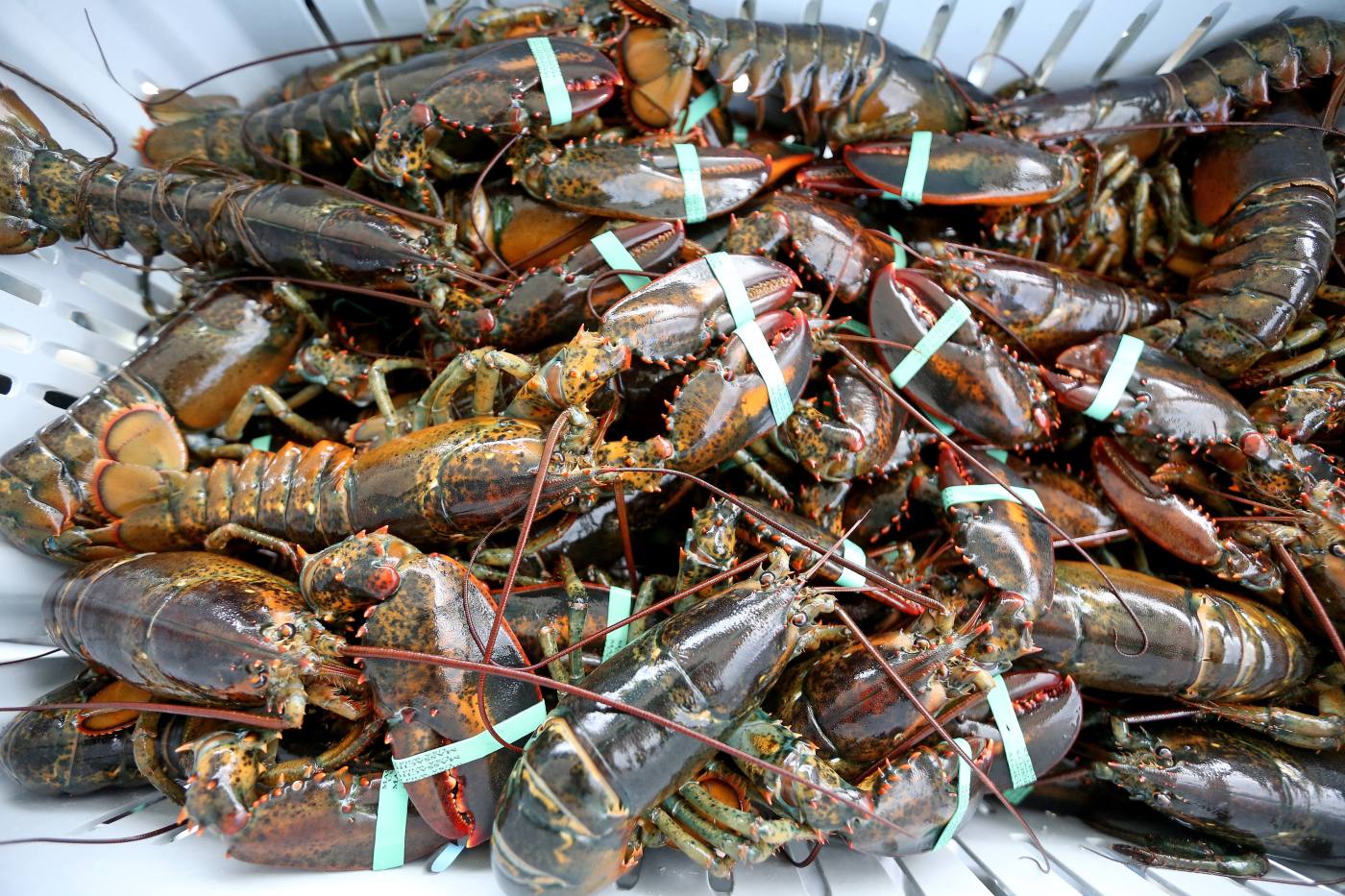
New England lobstermen threaten to sue feds over planned Massachusetts fishing closure
New England lobstermen are threatening to sue a federal agency planning to make fishing on Massachusetts waters even more challenging from February until May, when they already face restrictions on where they are allowed to tend to their livelihood.
NOAA Fisheries is looking to permanently add a wedge between state and federal waters to an existing closure that stretches roughly 9,000 square miles off the Massachusetts coast, a measure feds have put in place to preserve the North Atlantic right whale.
An emergency rule prohibited trap and pot fishery buoy lines on the wedge during the past two years, but the feds are looking to make the zone permanent and have the backing of the Massachusetts Division of Marine Fisheries.
The proposed permanent expansion to the Massachusetts Restricted Area has caught lobstermen by surprise.
Dustin Delano, chief operating officer of the New England Fishermen’s Stewardship Association, took exception to the “recklessness” of the proposal after an amendment was included in this year’s $1.7 trillion federal spending bill that looked to delay protections for the North Atlantic right whale by six years.
“If the legislation is supposed to keep that type of thing from happening, and they are continuing forward almost as if they’ve gone rogue and are doing whatever they want, that’s a major problem for our industry because who is to say it stops with that particular wedge area?,” Delano told the Herald on Thursday.
“Unfortunately, it seems like industry groups like ours have no choice but to resort to the legal route,” Delano added.
Researchers have found more than 80% of North Atlantic right whales have been entangled in fishing gear at least once, and more than 90% of entanglements cannot be linked to a specific gear type.
There are just 340 right whales left in the world today, a number that has declined by 25% over the past decade, according to conservation scientists.
Initially, the Massachusetts Restricted Area, implemented in 2015, offered greater protection to right whales given their presence in the area north of Race Point in Provincetown and Outer Cape Cod.
A 2021 rule expanded the MRA north to the New Hampshire border, leaving roughly 200 square miles of federal waters open to trap and pot fishing between state and federal closures, an area referred to as the “MRA Wedge.”
Federal researchers estimate that closing the wedge could impact between 26 and 31 vessels each month and pegged annual costs, including gear transportation and lost revenue, to be at least $339,000 to $608,000, or $1.7 million to $3 million over 5 years.
“The economic impact … is estimated to be relatively small compared to the total value of the fishery,” NOAA Fisheries states.
The Massachusetts Lobstermen’s Association in February filed a lawsuit when NOAA closed the wedge for the second straight season which Executive Director Beth Casoni called an “overreach.”
Casoni told the Herald the economic impact to the handful of commercial lobstermen that use the wedge would be “devastating” if the proposal goes through.
“Now, they’d be fishing up into New Hampshire and Maine waters,” she said. “They are gearing up to do that. They’re just going to fish longer trips. They’re going to go out, spend a couple of days, overnights, and come home.”


